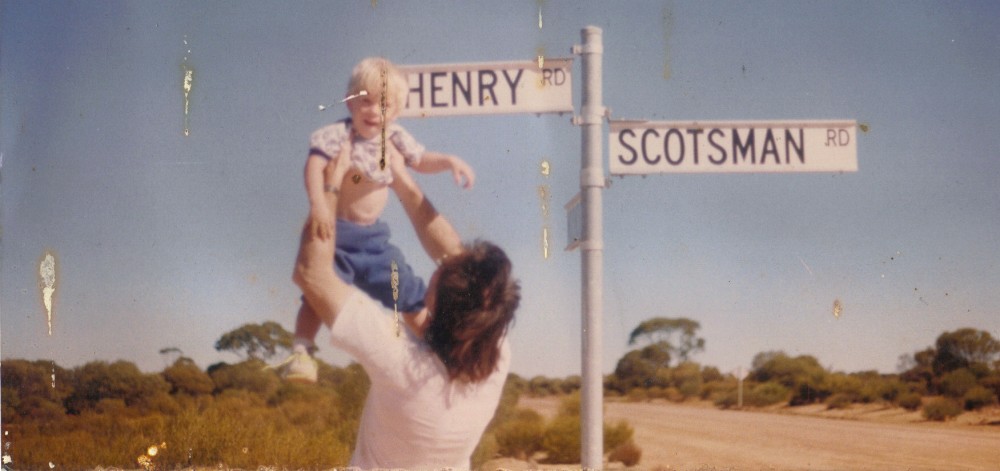Apart from facilitating the bridge or fitting in with the musicians, does the middle matter to a lyricist?
In a narrative you will have hopefully reached some kind of bend in the road or drawn the listener into fever pitch, one or the other. There are hynotic songs where the middle will be very like the beginning and end but I’m thinking more of the centre of songs that say something through a sense of progression; whether this is achieved through a dramatic change in the vocal attack or a dip or raise in the mood.
It is possible to write passages for rock stars to fall to their knees to, just as it is open to all of us to craft the kind of song skeleton that tells the true story and provides plenty of opportunity for natural emotion to invest.
Repetition, especially of the chorus, the main line, the title, or combination of elements; is often lodged roughly in the middle of the song, even in those numbers where the same phrase is not deployed elsewhere in the song.
When the lyricist has the reins, the words will sweep the listener into the next verse and the next, where the musician – apart from wanting to show his or her chops – would ideally like a good line to come back in on vocals after a solo or a lead break. Anticipating a space between certain bits doesn’t hurt your discipline at songcraft but it can cramp your style. There’s a reason songwriters often go out on their own, and it isn’t all about vanity; sometimes it’s practicality.
Let’s away from cold theory then and see if we can’t show you how this thing works on the spur of the moment and off the cuff
What’s something topical right now? Reg Lindsay did the necessary conjecturing on how the first man on the moon would be observed many years ago. The Mixtures can provide the soundtrack to the notable figure on a more earthly vehicle and his fall from grace. We may as well choose something that holds the potential mentioned in earlier posts.
And let’s make it only three or four verses so we can see at a glance what takes place in the centre.
Let’s go for a biggie – a really tiny, minute biggie but I digress – the God particle Higgs Boson and no you don’t have to be a scientist to write a song on the subject
The God Particle
The puzzle piece missing on the placement of our plane
Ruminating on the remnants of religion and the warm remains
The Universe shows different I wake up just the same
The underground collider concocts another flaw
gravitate to gravitas or come grinding to a halt
The ego is elastic on what parts you ignore
but not how you measure each fault
Sat in with the atom made the most of the mote
Protein and nutrient proton and neutron
A dedication to a dead occasion
or the beginning of ever more future
times
What does that amount to?
Three-four-four(or five) lines; the three verses I recommend but the the first slightly shorter. I like the more abrupt tone this gives it to set it apart.
What that means for the middle is that it is the same pattern as the final verse (extra one word line notwithstanding) but you might notice that, while always paying fealty to the topic of the song, the two verses don’t have the same agenda or approach. This enigmatic evolution only helps the song but that’s because the foundations are there. You can get as strange as you like as long as you haven’t stopped talking about the God particle.
As much as the middle verse doesn’t rely on the first verse to set the scene – it occupies its own scene – nor set the mood for coup de grace in third verse. It’s a self-contained rumination on mighty mites, the fraternity of submicroscopic subjects of great importance.
The particle of the title is not mentioned and there is no hook of any kind. It does perhaps resemble a poem more than a song. Still, you can see the production of a song middle in action, and that’s a ride.
